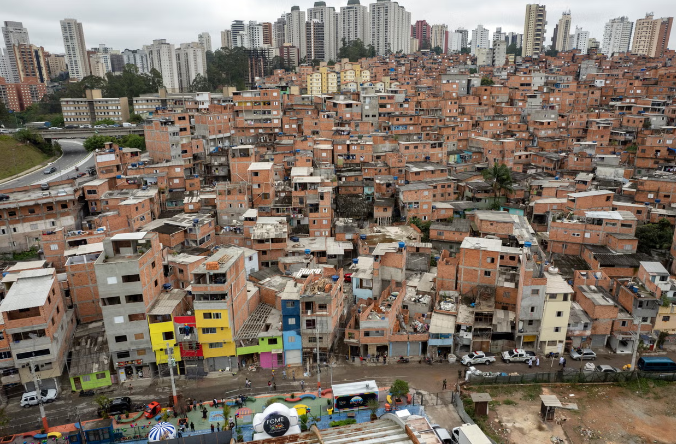Community Honors Centennial Milestone Amid Urban Challenges and Persistent Stigmas
In the Sao Paulo favela of Paraisopolis, dozens of children gathered for a celebration marked not by birthdays but by the neighborhood’s 100-year anniversary. Known for its grassroots resilience, Paraisopolis began as farmland before morphing into an informal urban settlement to meet the housing needs of migrant workers who flocked to the city for jobs, particularly in construction. “People started coming for work, and we organized ourselves as authorities didn’t help much,” explained community leader Gilson Rodrigues.
This centennial celebration highlights the permanence of Paraisopolis and similar favelas, which many wealthier Brazilians still view as temporary or precarious. Once farmland, Paraisopolis transformed after a 1942 law froze rent prices and halted private construction, leading people to create affordable housing solutions. Today, it sits amidst Sao Paulo’s urban sprawl, its development intertwined with the city’s growth, even aiding in building landmarks like Morumbi Stadium.
Today, Paraisopolis stands as the city’s second-largest favela, home to an estimated 100,000 people. Its centenary marks a milestone in the story of self-organized communities resilient in the face of urban challenges and social stigma.

